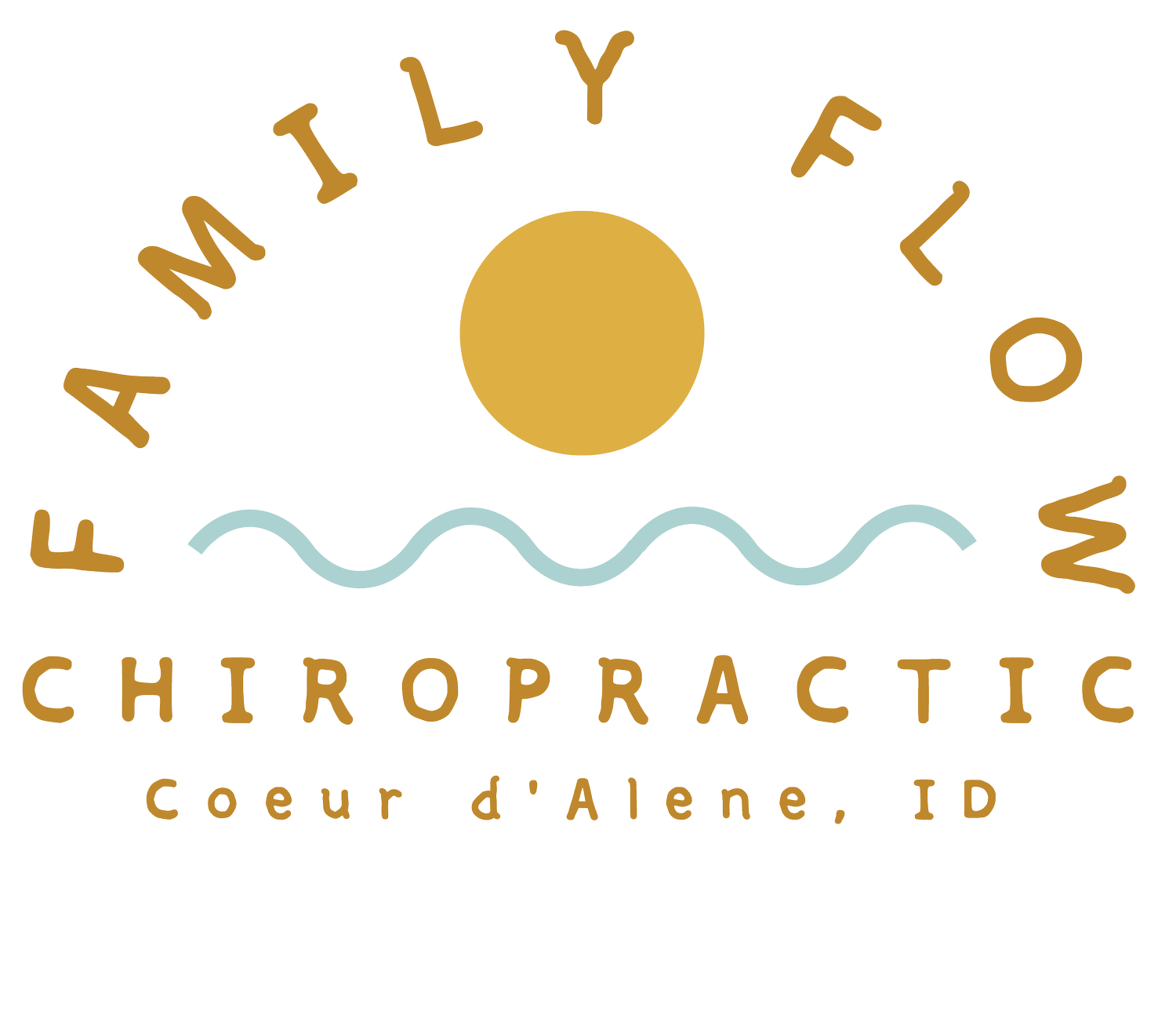How Chiropractic Care Can Help Infants with Tongue Ties
At Family Flow Chiropractic, we believe in supporting families from the very start of life—including newborns who may be experiencing tongue ties. If your baby is struggling with breastfeeding, latching, or oral function, chiropractic care can play a key role in improving mobility, reducing tension, and supporting optimal development.
Let's dive into what a tongue tie is, how it affects infants, and how chiropractic adjustments can help.
What is a Tongue Tie?
A tongue tie (ankyloglossia) occurs when the lingual frenulum—the band of tissue under the tongue—is too tight or short, restricting movement. This can make it difficult for a baby to properly latch, nurse efficiently, and develop normal oral function.
Common signs of a tongue tie include:
✅ Difficulty latching or staying latched during breastfeeding
✅ Gassiness, reflux, or colic-like symptoms
✅ Clicking sounds while nursing
✅ Excessive drooling or trouble swallowing
✅ Slow weight gain or frustration at the breast
✅ Speech or oral development issues as they grow
A lip tie (when the upper lip is restricted) and cheek ties (when the buccal frena are tight) can also contribute to feeding challenges. Many parents seek tongue tie releases (frenectomies), but chiropractic care is a powerful complementary approach—both before and after the procedure—to ensure proper function and healing.
How Chiropractic Care Supports Infants with Tongue Ties
Chiropractic care helps infants by releasing tension and improving nervous system function, which is essential for proper feeding, digestion, and development. Here’s how adjustments can help:
1. Reducing Tension in the Neck and Jaw
Tongue-tied babies often develop tightness in the jaw, neck, and upper back because they struggle to move their tongue correctly. Gentle pediatric chiropractic adjustments help:
Release tension in the cranial bones, jaw, and neck
Improve tongue mobility and range of motion
Reduce tightness that may be affecting the latch
2. Supporting Optimal Nervous System Function
The vagus nerve, which controls digestion and swallowing, can be impacted by misalignments in the spine. Chiropractic care ensures that the nervous system is functioning properly, helping babies:
Nurse more efficiently
Improve digestion and reduce reflux
Experience better sleep and less fussiness
3. Complementing Frenectomy Recovery
If a baby undergoes a frenectomy (tongue or lip tie release), chiropractic adjustments help ensure proper post-release healing by:
Preventing tight muscles from pulling the tissue back
Encouraging proper oral muscle function
Reducing post-procedure discomfort and promoting a better latch
4. Improving Whole-Body Development
A restricted tongue can affect not just feeding, but also:
Breathing patterns (mouth breathing vs. nasal breathing)
Speech development
Spinal and postural alignment
By addressing structural and nervous system imbalances, chiropractic care ensures that infants can grow and develop optimally.
What to Expect During an Infant Chiropractic Visit
At Family Flow Chiropractic, we use gentle, specific techniques tailored for newborns and infants. A visit may include:
Cranial work to release tension in the skull and jaw
Gentle spinal adjustments to improve nervous system function
Soft tissue work to relax the muscles around the mouth and neck
Chiropractic care is safe, gentle, and effective for babies and works well alongside lactation support, bodywork, and pediatric dental care for a comprehensive approach.
Is Your Baby Struggling with a Tongue Tie? We Can Help!
If your infant is having latching issues, reflux, or tongue tie-related tension, chiropractic care can help improve feeding, comfort, and overall function. At Family Flow Chiropractic in Coeur d'Alene, we specialize in pediatric chiropractic care to support your baby's best start in life.
📍 Located in Midtown Coeur d'Alene
📅 Schedule a Consultation Today!
